The South Korean National Security Strategy under Yoon Suk Yeol has similarities to the document from 15 years ago, but with many notable new features.
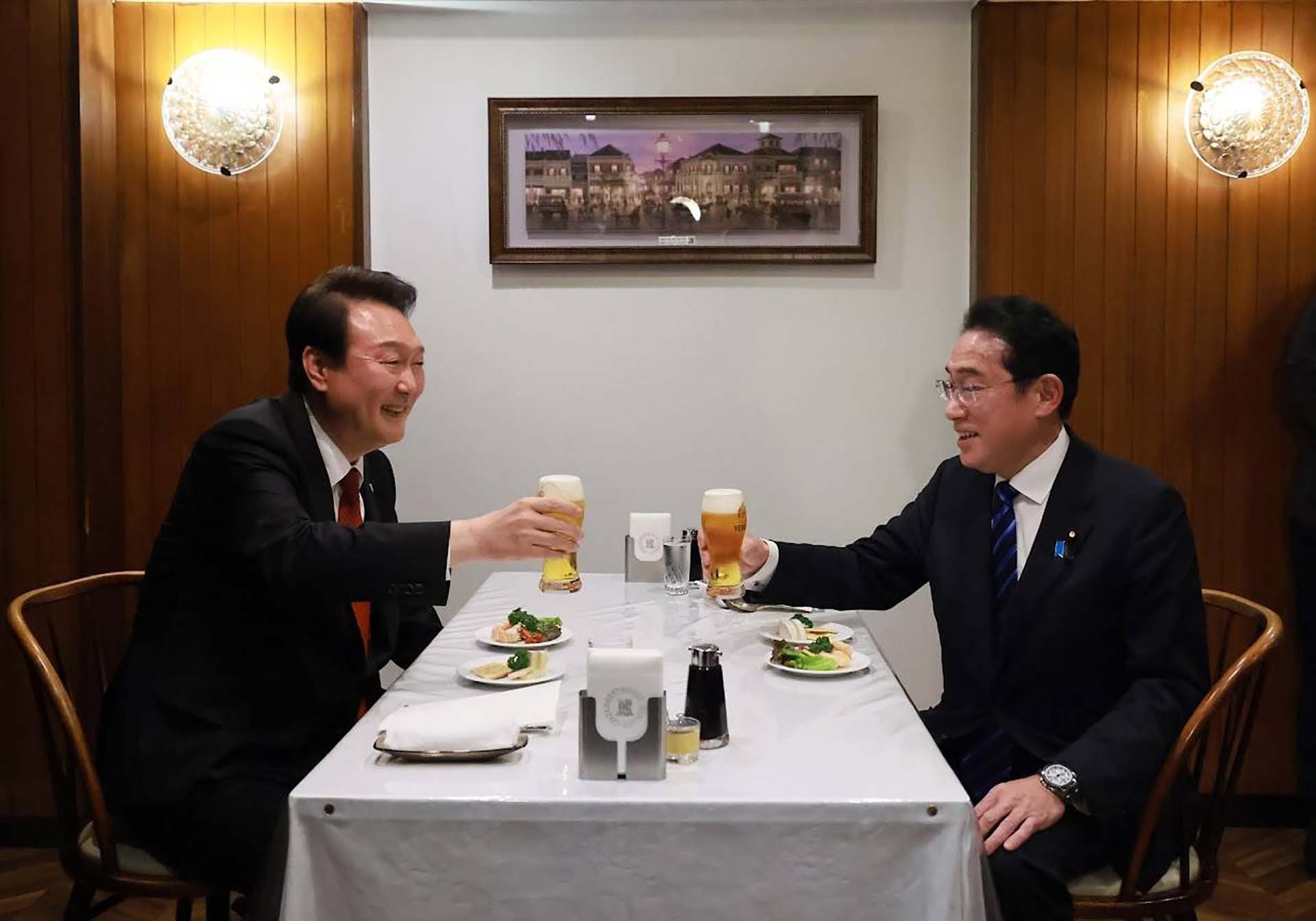 |
| South Korea's new NSS views Japan as an important neighbor and seeks cooperation in areas such as national security and the economy. (Source: Japan's Cabinet Public Relations Office) |
Last week, South Korea released its first National Security Strategy (NSS) under President Yoon Suk Yeol. Unlike its neighbor Japan and ally the United States, this is not an annual document and only appears once during each presidential term, such as Lee Myung Bak (2008), Park Geun Hye (2014), Moon Jae In (2018) and now Yoon Suk Yeol (2023).
The four- to five-year gap between versions and their frequent appearance early in a presidential term means that the document is consistent, aiming to define issues and goals during a single presidential term.
One issue, a recurring theme throughout the NSS, is the security situation on the Korean Peninsula. That story is more important now than ever. But South Korea’s 2023 NSS is about more than that.
Old echoes, new approach
First of all, the title of this document is “A Globally Important Country for Freedom, Peace and Prosperity,” recalling the name of the country’s NSS under the late President Lee Myung Bak, “A Global Korea.” This 2009 document is only 39 pages long, much shorter than the 107-page document recently released. However, this document has become a guideline for Seoul to play a more active and influential role in the international arena on issues such as free trade, multilateralism, peacekeeping and climate change.
In that respect, the new NSS seeks to do the same, as reflected in the priorities outlined in the security environment assessment. Rather than following the traditional style and starting with the situation on the Korean Peninsula, Chapter Two of the NSS addresses this issue last.
Instead, the section begins with a preliminary assessment of global security, noting that “crises that used to occur only once every few hundred years are now occurring simultaneously.” Noting the increasingly blurred lines between “national” and “international,” and the increasingly close links between security and development, the document cites several key external challenges, such as US-China competition, disruptions to supply chains that are crucial to trading nations like South Korea, and non-traditional security challenges.
Meanwhile, Chapters Three, Four, and Five outline Seoul’s plans to address these challenges through strengthening its alliance with Washington and strategic partners; strengthening the international order; and enhancing defense capabilities.
These sections share many similarities with the content mentioned in policy documents released in the past few months, including the Strategy for a Free, Peaceful, and Prosperous Indo-Pacific (December 2022) and the 2022 Defense White Paper (February 2023). From semiconductors to defense and low-emission energy production, the role of South Korea in the Indo-Pacific and the global balance of power is becoming more important than ever.
However, chapters Seven and Eight on economic security and dealing with emerging security challenges acknowledge that recent incidents of “economic coercion” and supply chain disruptions suggest that South Korea’s rise may be hampered, forcing Seoul to work on building relationships with new partners while maintaining its traditional ones.
Values-based diplomacy
In particular, the new NSS of South Korea states that the focus of diplomacy in the coming time will be to "simultaneously implement value-based diplomacy and pragmatic diplomacy for national interests".
However, it is not difficult to see the contrast between these two goals, and Chapter Six on inter-Korean relations is the clearest example. Yoon Suk Yeol’s victory in the presidential election a year ago was partly due to the previous administration’s failed efforts to reconcile the two Koreas. This chapter addresses military deterrence and human rights issues, but the rest of the chapter is devoted mainly to South Korea’s unrequited efforts to engage more substantively with North Korea.
Similar is Seoul’s stance on relations with Beijing and Moscow. As usual, the NSS repeatedly mentions solidarity between South Korea and its partners and allies who share the same value system as the United States. However, this does not mean that Seoul denies its relations with Beijing and Moscow. The document emphasizes that China-South Korea relations can develop through “respect and mutual support,” although the Blue House will “prevent excessive dependence on certain countries for key coal minerals.” On the one hand, South Korea “strongly criticizes” Russia for the conflict in Ukraine. On the other hand, Seoul wants to “maintain stable relations” with Moscow.
Finding a balance between pursuing the practical national interest and behaving in accordance with one's values is a difficult task for any country, especially for a middle power in a complex neighborhood like South Korea.
Nevertheless, the Yoon Suk Yeol administration has outlined an ambitious vision, aiming to establish Seoul’s position on the world map, rather than focusing solely on what is happening in Northeast Asia. But in a volatile world, with “once-in-a-century crises… happening at the same time” as the NSS stated, realizing that dream is certainly not simple.
Source








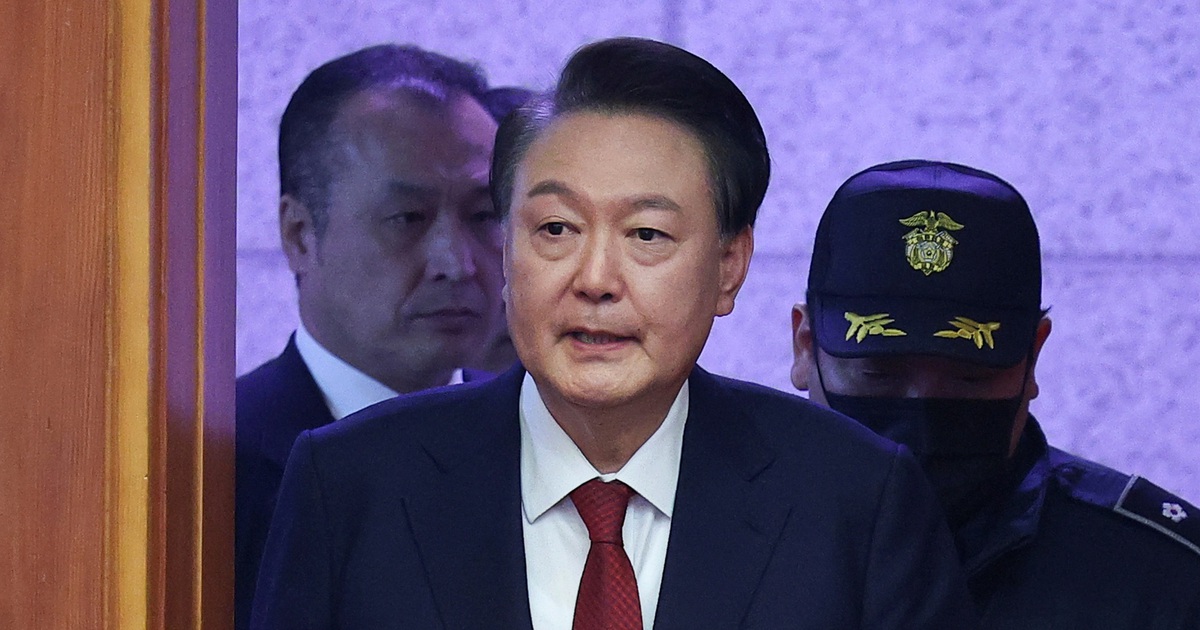

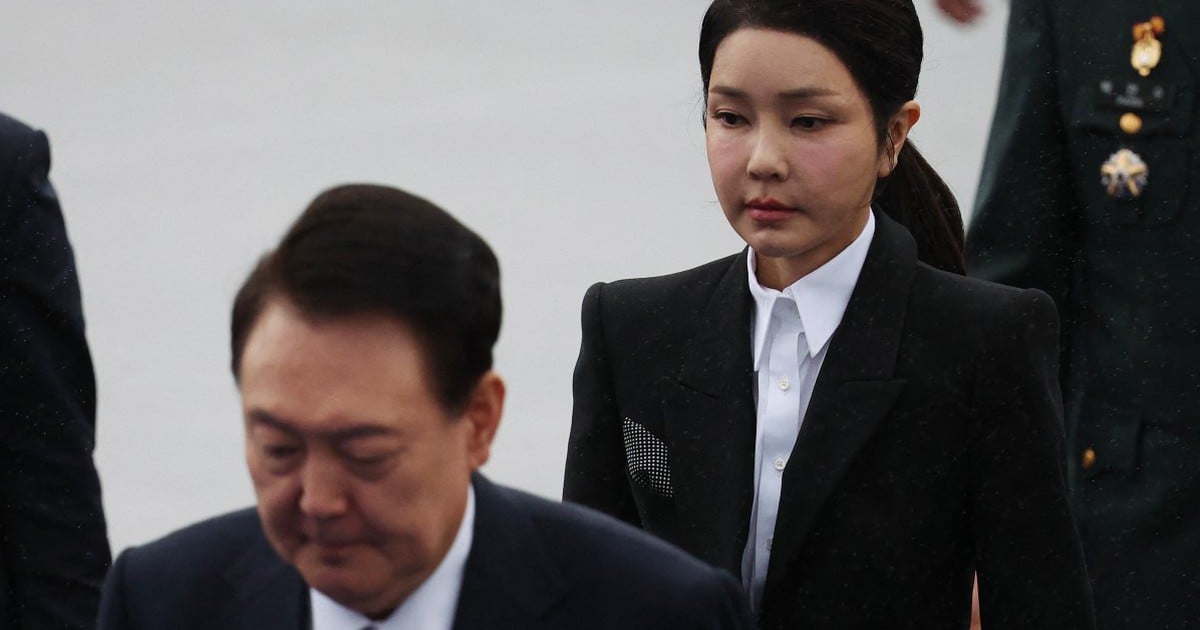
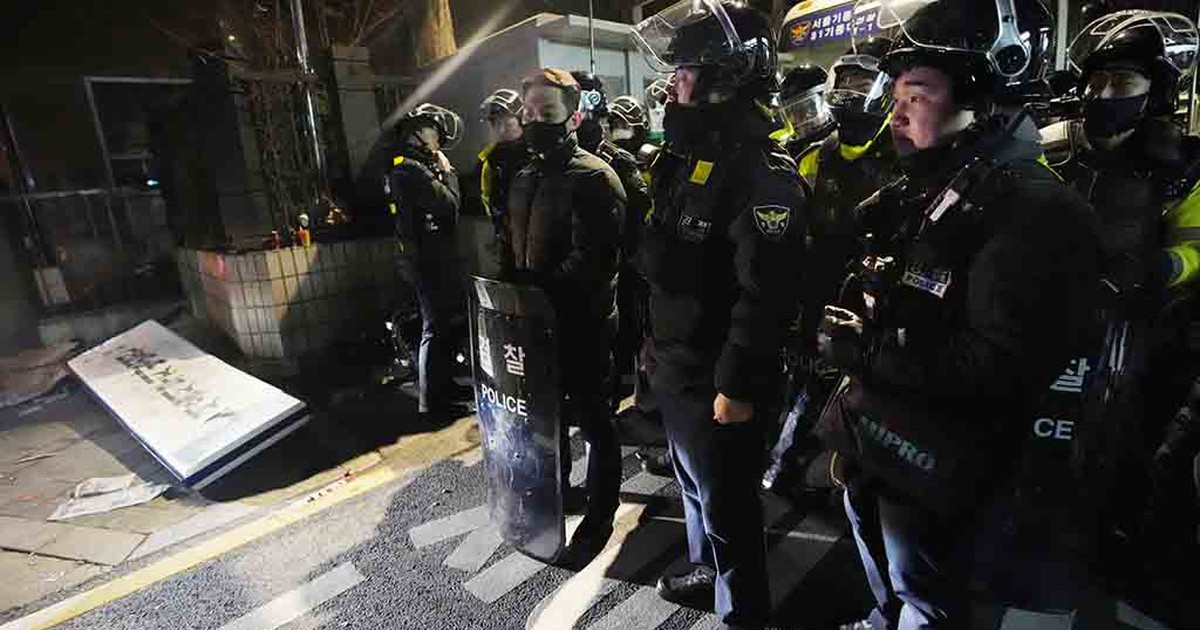
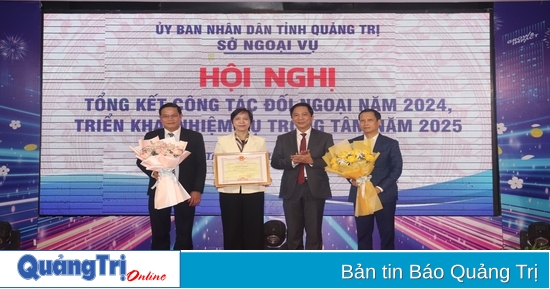

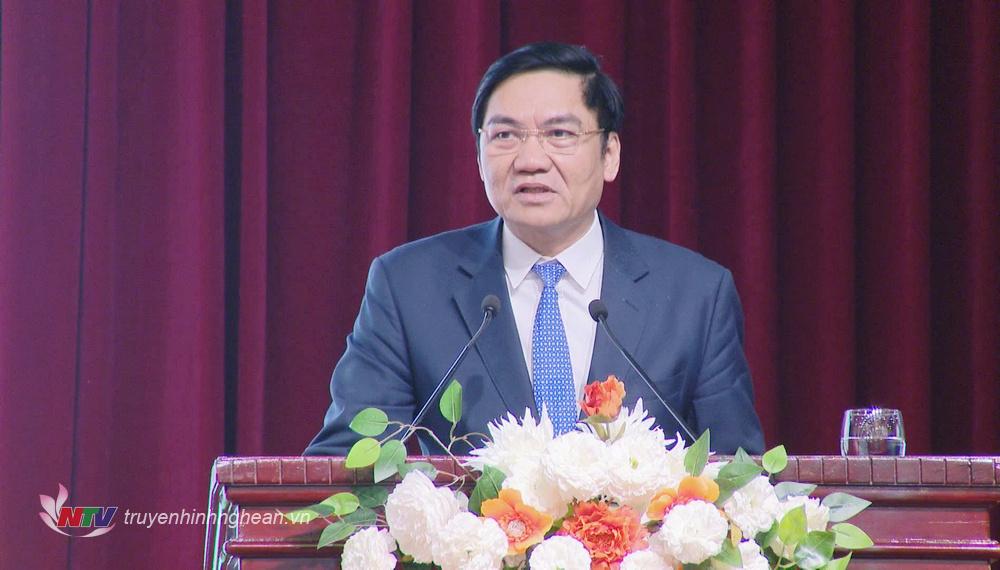
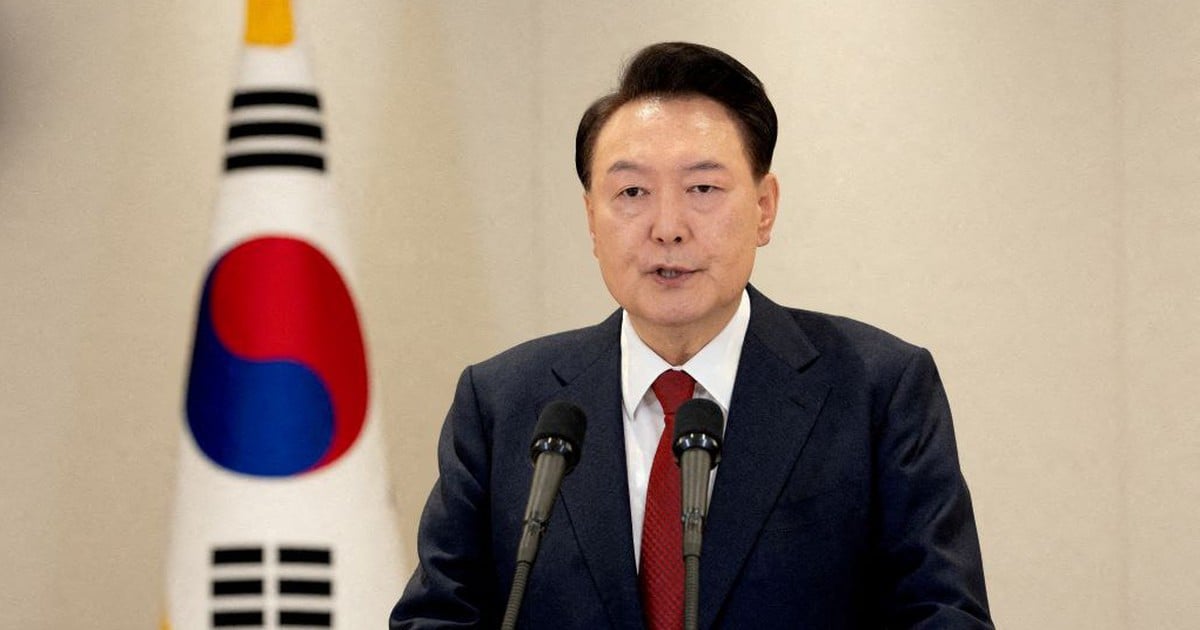










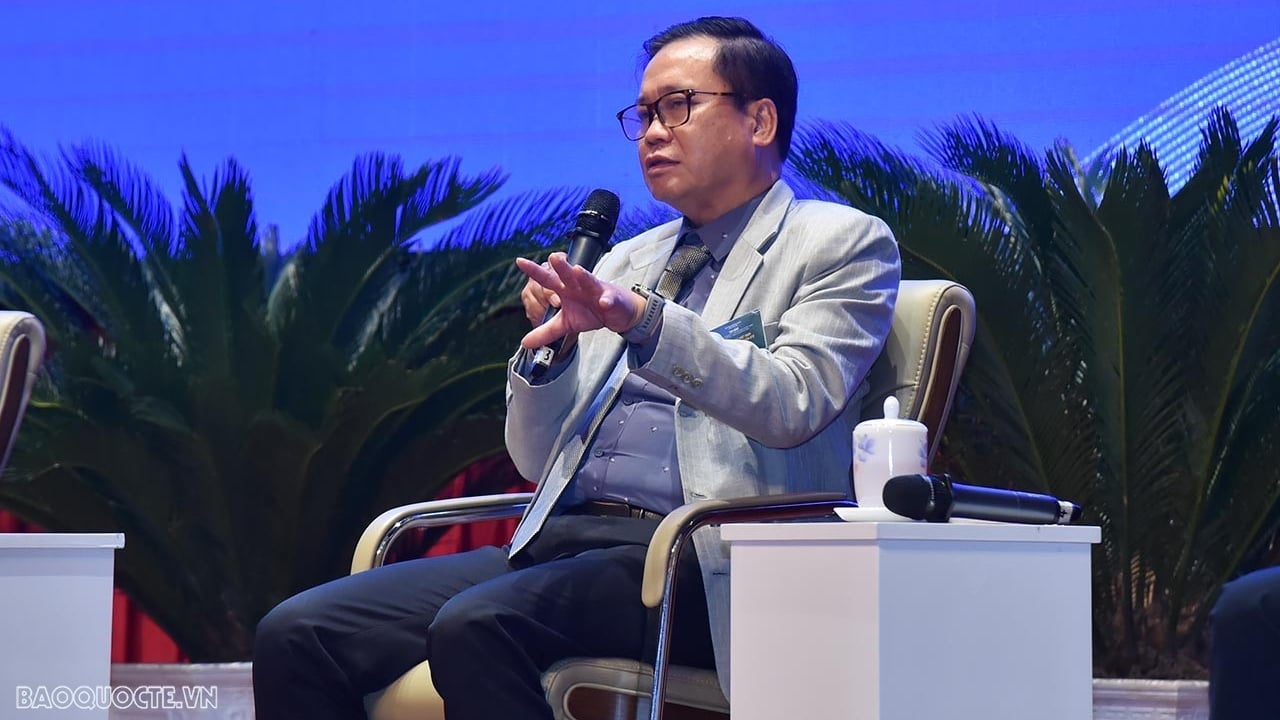

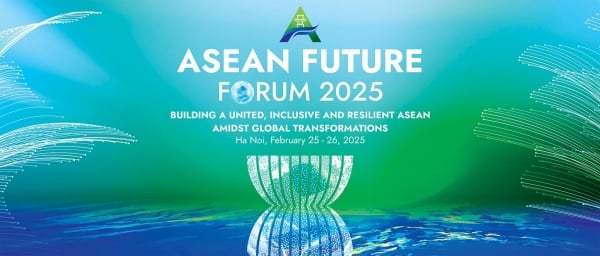








![[Photo] Prime Minister Pham Minh Chinh chairs Government Conference with localities on economic growth](https://vstatic.vietnam.vn/vietnam/resource/IMAGE/2025/2/21/f34583484f2643a2a2b72168a0d64baa)



























































Comment (0)